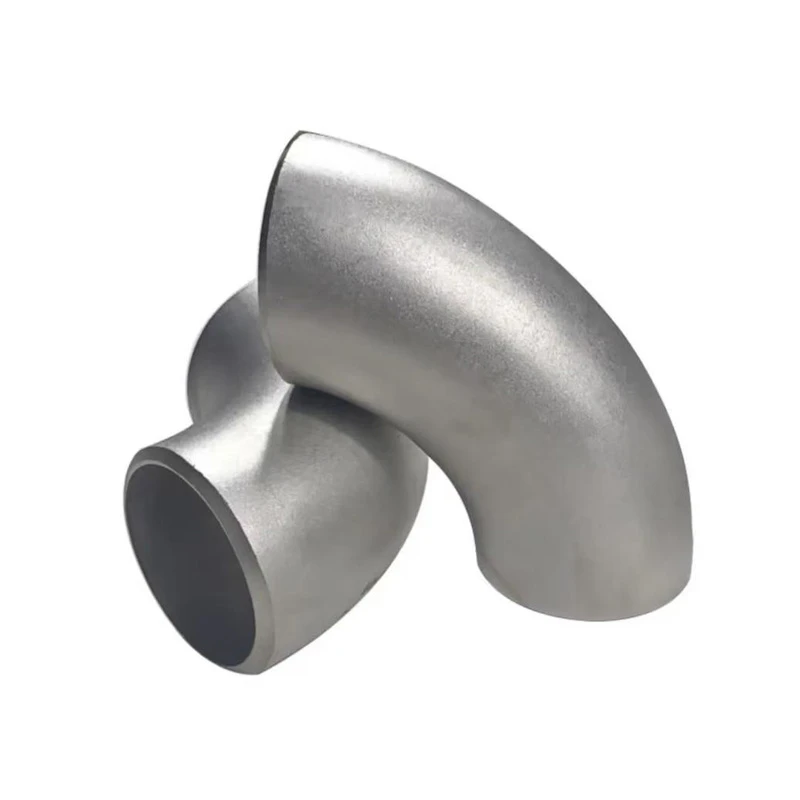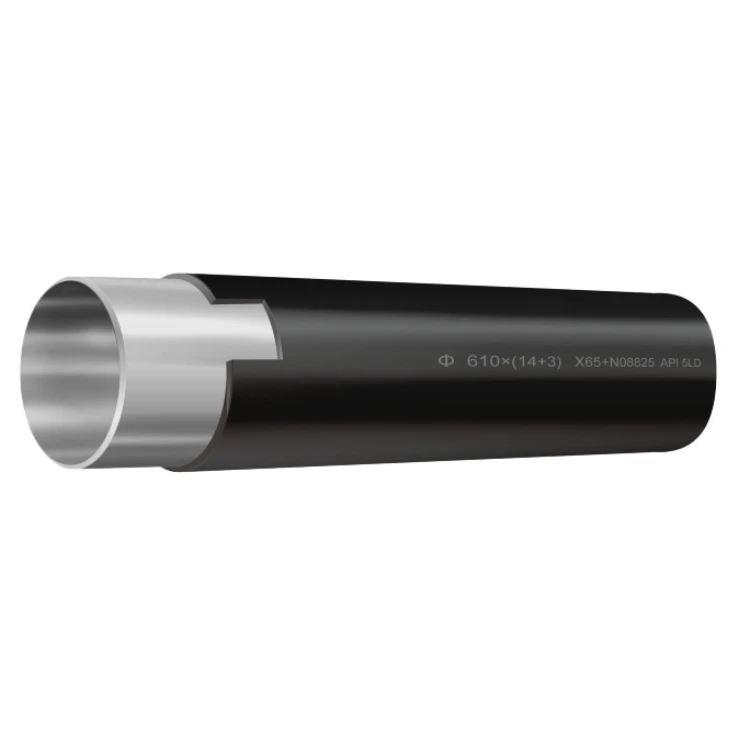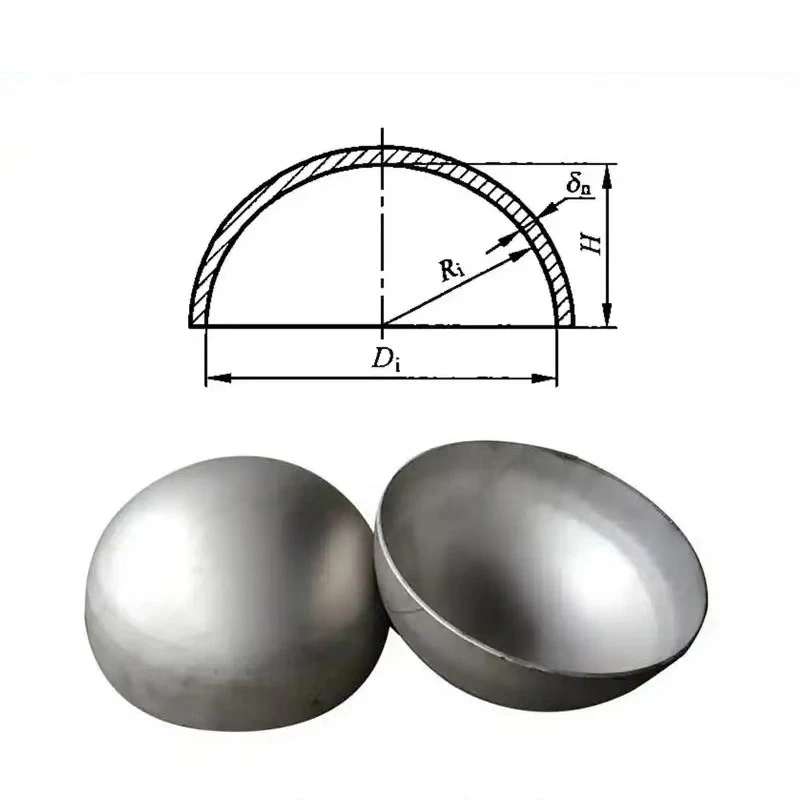- Understanding the Critical Role of Forged Steel Flanges in Industrial Systems
- Technical Advantages of Forged Steel vs. Cast Alternatives
- Market Analysis: Leading Manufacturers of Forged Flanges
- Customization Options for Forged Steel Tee Fittings
- Performance Metrics: Pressure and Temperature Ratings
- Case Study: Offshore Pipeline Installation Using Forged Components
- Future Trends in Forged Steel Flange Manufacturing
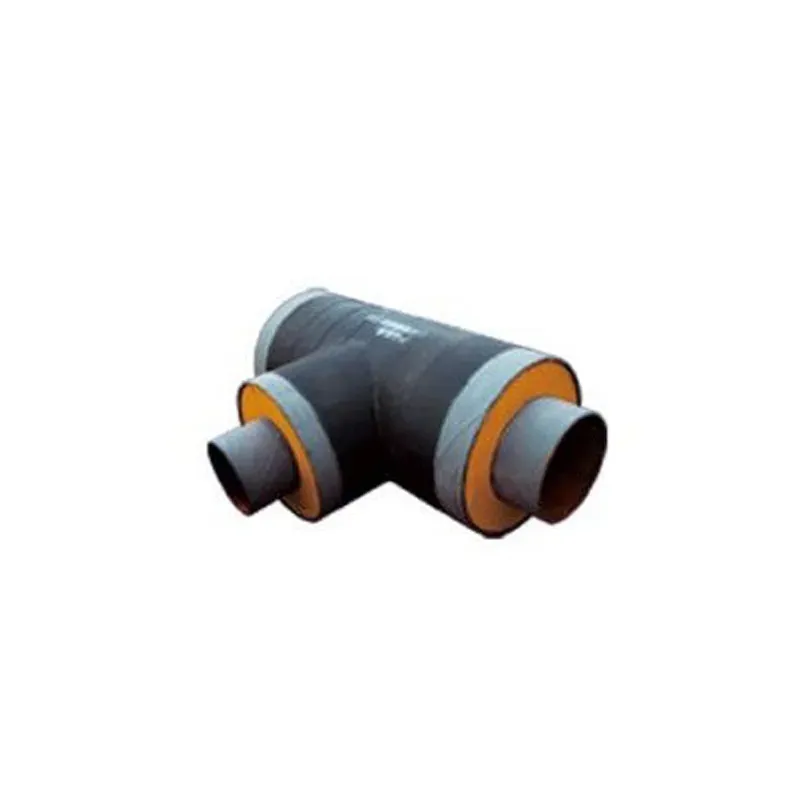
(forged steel flanges)
Understanding the Critical Role of Forged Steel Flanges in Industrial Systems
Forged steel flanges serve as indispensable connectors in high-pressure piping networks across industries like oil & gas, petrochemicals, and power generation. Unlike standard cast flanges, forged variants undergo controlled deformation processes that align grain structures, achieving 35-50% higher tensile strength. This molecular integrity ensures leak-proof performance even under extreme conditions, such as 2,500 PSI pressure differentials or thermal cycling between -50°F and 1,200°F.
Technical Advantages of Forged Steel vs. Cast Alternatives
Advanced forging techniques enable precise control over mechanical properties. Forged steel flanges exhibit:
- Density: 7.85 g/cm³ (vs. 7.25 g/cm³ for cast flanges)
- Impact Resistance: 80-100 J at -40°F (50% superior to cast equivalents)
- Surface Finish: Ra 3.2 μm maximum, reducing turbulence in fluid transfer
Market Analysis: Leading Manufacturers of Forged Flanges
| Manufacturer | Pressure Rating | Material Grades | Lead Time | Certifications |
|---|
| SteelForge Inc. | ASME 2,500 | A105, F304, F316 | 8 weeks | API 6A, PED |
| Metallix Corp. | ASME 900 | F22, F91 | 6 weeks | ISO 9001 |
| Vulcan Forge | ASME 1,500 | F51, F53 | 10 weeks | NACE MR0175 |
Customization Options for Forged Steel Tee Fittings
Specialized forged steel tee configurations address complex routing requirements. Custom parameters include:
- Bore alignment tolerance: ±0.005 inches
- Integral reinforcement pads for branch connections
- Hot-dip galvanizing or Xylan coatings for corrosion resistance
Performance Metrics: Pressure and Temperature Ratings
Third-party testing data reveals forged flange durability under operational extremes:
- Hydrostatic burst pressure: 4x nominal rating (per ASME B16.5)
- Creep resistance: 0.1% deformation after 10,000 hours at 1,000°F
- Cyclic fatigue: 1 million pressure cycles at 75% yield strength
Case Study: Offshore Pipeline Installation Using Forged Components
A North Sea project deployed 1,200 forged steel flanges
in API 6BX specification across 18-mile subsea pipelines. Post-installation monitoring showed:
- Zero flange-related failures over 5-year service period
- Maintenance cost reduction: 62% vs. previous cast flange installations
- ROI achievement within 22 months
Future Trends in Forged Steel Flange Manufacturing
Industry 4.0 innovations are transforming forged steel flange production. Smart forging systems now integrate real-time grain structure analysis using AI-powered ultrasonic testing, achieving 99.98% defect detection rates. The global forged flange market is projected to grow at 6.2% CAGR through 2030, driven by shale gas exploration and hydrogen pipeline infrastructure demands.
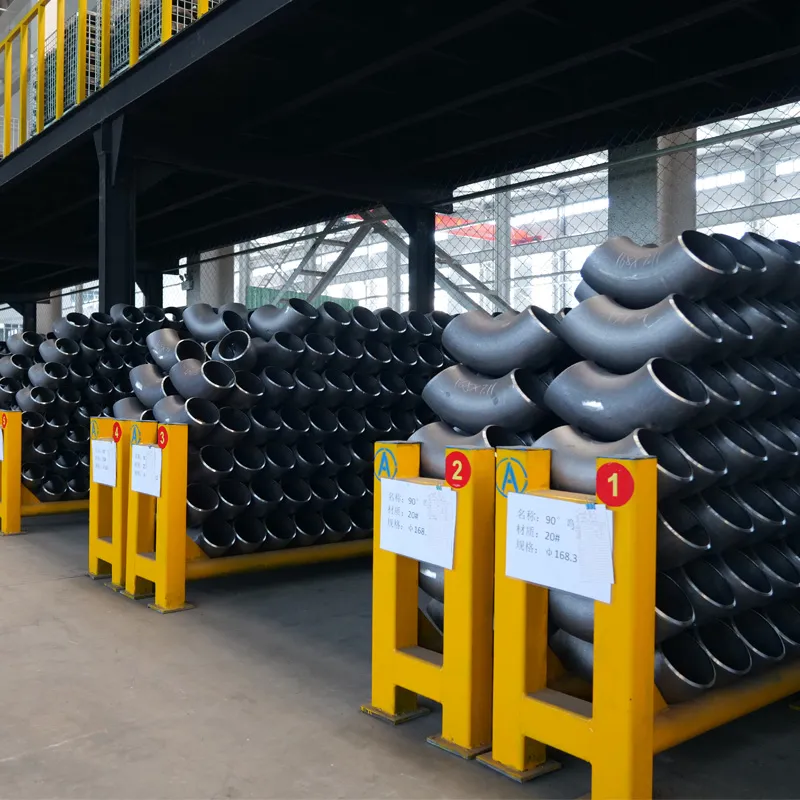
(forged steel flanges)
FAQS on forged steel flanges
Q: What are forged steel flanges used for?
A: Forged steel flanges connect pipes, valves, or equipment in high-pressure systems. They ensure leak-proof sealing and withstand extreme temperatures. Common applications include oil, gas, and chemical industries.
Q: How do forged flanges differ from cast flanges?
A: Forged flanges are stronger and more durable due to their compressed grain structure. They outperform cast flanges in high-stress environments. This makes them ideal for critical industrial applications.
Q: What standards apply to forged steel tee fittings?
A: Forged steel tees comply with standards like ASTM A105 or ASME B16.11. These ensure material quality and dimensional accuracy. They’re tested for pressure resistance and durability.
Q: Can forged steel flanges handle corrosive environments?
A: Yes, when made with alloy steels or coated for corrosion resistance. Materials like ASTM A182 F316 are common for harsh conditions. Proper coating further enhances their lifespan.
Q: Why choose forged steel tees over welded alternatives?
A: Forged steel tees offer superior strength and reliability in high-pressure systems. They minimize weak points compared to welded joints. This reduces leakage risks and maintenance needs.

